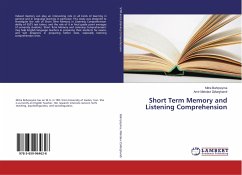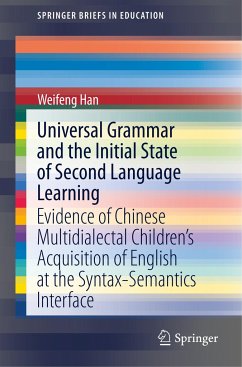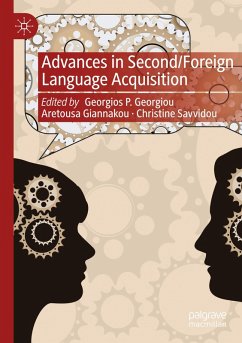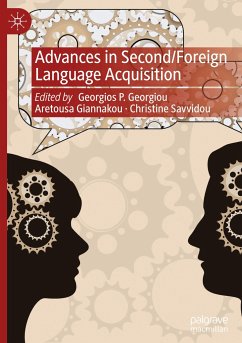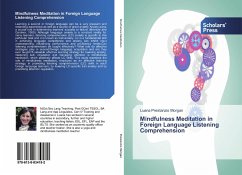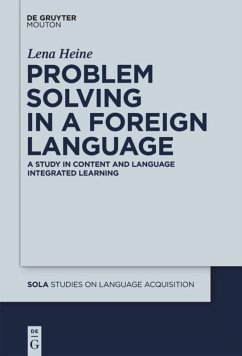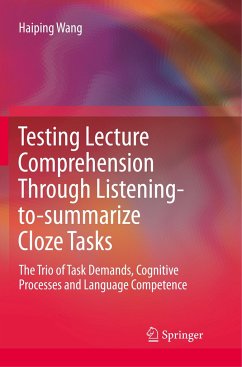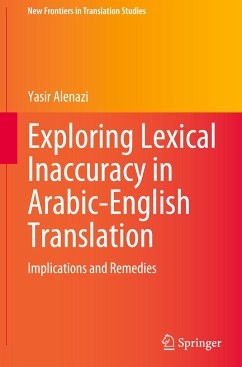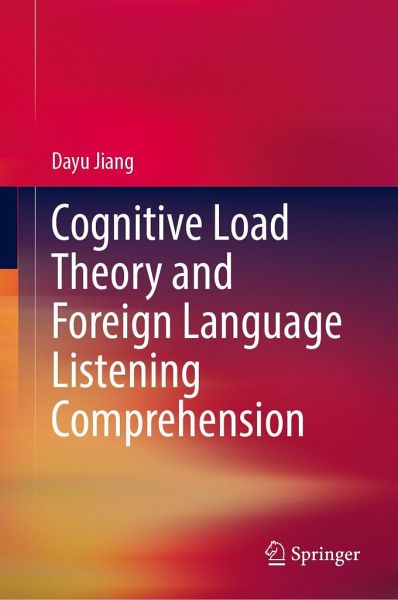
Cognitive Load Theory and Foreign Language Listening Comprehension

PAYBACK Punkte
49 °P sammeln!
This book presents an interdisciplinary approach to understanding the learning and listening skills of a foreign language from the perspectives of cognitive load theory and second language acquisition theories. It explores when and how foreign language listening skills could be curiously improved more effectively by reading than by listening. The results of randomized controlled experiments in the book demonstrate an expertise reversal effect, which calls teachers to adjust instructional approaches to accommodate learners' expertise level. The book expands the existing language comprehension f...
This book presents an interdisciplinary approach to understanding the learning and listening skills of a foreign language from the perspectives of cognitive load theory and second language acquisition theories. It explores when and how foreign language listening skills could be curiously improved more effectively by reading than by listening. The results of randomized controlled experiments in the book demonstrate an expertise reversal effect, which calls teachers to adjust instructional approaches to accommodate learners' expertise level. The book expands the existing language comprehension frameworks by including working memory load as a crucial factor in written or verbal information processing. It also develops cognitive load theory by applying it in a less well-structured subject area-foreign language learning.
The book is of interest to postgraduate teachers and learners of a foreign language, instructional designers, educational policy makers, and academic researchers in the fields of learning sciences, curriculum and pedagogy, educational psychology, cognitive load theory, second language acquisition, and foreign language teaching and learning.
The book is of interest to postgraduate teachers and learners of a foreign language, instructional designers, educational policy makers, and academic researchers in the fields of learning sciences, curriculum and pedagogy, educational psychology, cognitive load theory, second language acquisition, and foreign language teaching and learning.



